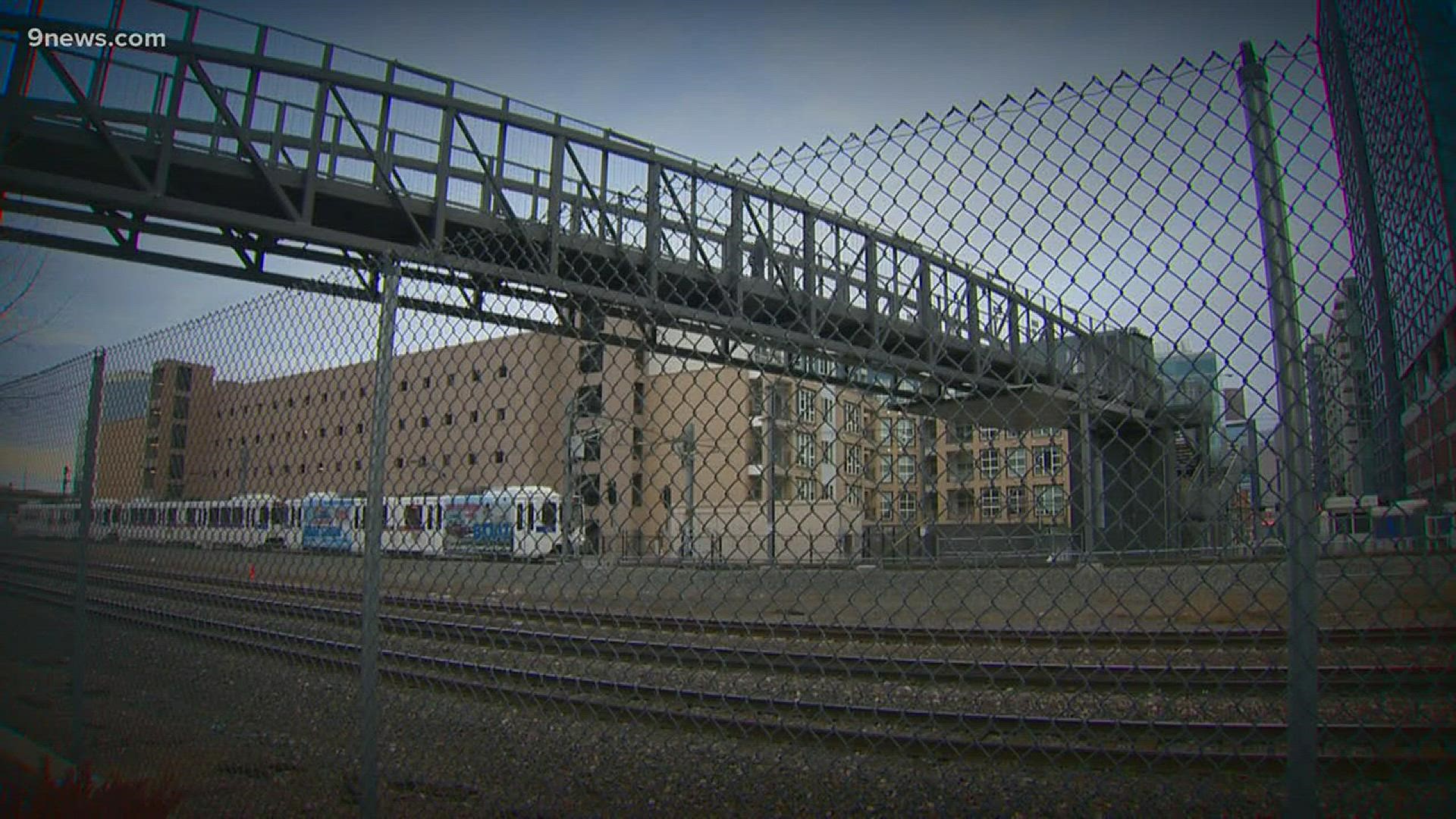DENVER — Millions of dollars in federal grants and more than $500,000 in spending by the Colorado Attorney General’s office has put more than 20,000 naloxone kits into the hands of people most likely to find themselves needing to save an opioid overdose victim.
Naloxone kits have gone to harm reduction and drug treatment centers, as well as police officers who are often first to arrive on an overdose call.
“Over dispatch they tell me they have a possible dead body on the bridge,” said Denver Police Officer Johnny Avila, who found a man nearly dead and hardly breathing over a train track downtown. “(He) appeared to be deceased at the time. No color to his skin and I did observe a syringe on the right side of him.”
Sergeant Alan Ma arrived shortly after with a naloxone kit that he sprayed into the dying man’s nostrils.
“About 30 seconds later, we definitely can see he started to gain consciousness," Ma said. "At about two minutes later, he was not coherent but he was alive and awake and he was breathing on his own."
This is happening more frequently, as 189 departments across the state are now trained and equipped with this drug that helps overdosed patients start breathing properly again.
“I just think that's one of the best success stories we can have,” said Rob Valuck, Ph.D., professor of pharmacy at the University of Colorado. “In the past, there's nothing much they can do except hope and wait.
He said hundreds of officers who have used naloxone on dying patients since access was expanded.
A new app called OpiRescue tracks overdose reversals, but only the ones that are reported to the app. More than 800 have been reported since the app went live two years ago, about the same time the state started receiving federal grants to purchase naloxone kits.
“That's an awful lot of reversals in two years," Valuck said. "When the numbers of people dying of opioid overdoses in Colorado are typically 5 to 600 a year, this could make a huge dent in the overdose epidemic. That's what we're hoping."
That 800 number also doesn’t include paramedics doing a bulk of the naloxone administration. Valuck said Denver Health paramedics do at least 700 administrations per year. Many more happen by paramedics statewide.
Police officers interact with some facet of the opioid epidemic on a regular basis. For the first time they’re able to react in the worst case scenarios instantly.
“It was a very rewarding experience and preserving lives is the top priority of the Denver Police Department,” said Ma, who is a drug recognition expert within the department. “We appreciate the tools that we have. And also the training we have received.”
But it’s not just police officers that now have access to naloxone. Standing orders in the state allow anyone to go to one of 500 pharmacies carrying naloxone in Colorado and get the drug without a prescription.
It’s simple to get and simple to use, Valuck said, and if you’re someone who interacts with a potential victim, keep it nearby.
“I could give it to you right now and if you don’t need it, it won’t harm you," he said. "But if you do need it, I will have just saved your life. No downside. All upside.”
For more information go to stoptheclockcolorado.org
SUGGESTED VIDEOS | Local stories from 9NEWS

